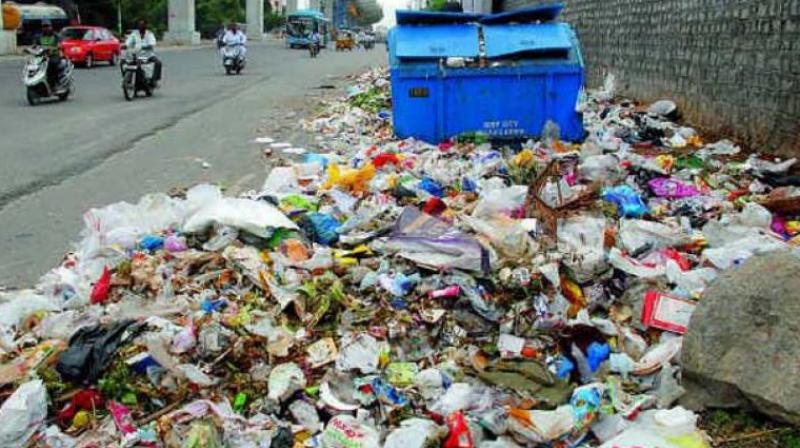Guest Column: We must focus on using accurate data for planning
While the survey studies the situation from September to December, to achieve the desired results the work must begin as early as February.

Bengaluru had to settle for a lowly 194th rank in the recent Swachha Survekshan survey with a total score of merely 2351.81 out of 5,000. The difference of 2351.81 from the topper city gives an indication of how poorly it is doing in the area of hygiene.
There can be questions regarding the methodologies, process, criteria, and so on of the survey, but then these are common to all the cities covered.
Swachha Survekshan has gradually raised the bar from 2015 and brought in a scientific process and verification methodology to assess the cities it covers. When examining waste management, SS-19 primarily looked at the basic principles of disposing of both solid and fecal waste. For solid waste management it considered the process of collection, primary and secondary transportation and processing. The certification process and citizen feedback was used to give the Open Defecation -Free (ODF) tag.
The analysis of the marks gained by the city this year is a mirror of where it is now and where it actually needs to be in terms of cleanliness. While the survey studies the situation from September to December, to achieve the desired results the work must begin as early as February. Scrambling to get things done in November will not help in any way.
Bengaluru suffered also due to the confusion over basic data such as the number of households and small commercial buildings and the 32 per cent difference between BESCOM connections and the BBMP’s household calculations. Even if revaluated, this would correct itself to 20 per cent, leaving 12 per cent of households without a garbage collection system, forcing people to throw it out into the streets.
Additionally, some of the basic requirements of SS-19 such as documentation, daily reporting, and use of technology for quantifying the waste collected, transported, and processed or landfilled are still not being fulfilled by the IT capital. For example, it does not have GPS for collection or secondary transportation vehicles, an automated mechanism for marking attendance and salary payment, or even for collecting feedback. Many of these are very basic requirements that even a small establishment follows today.
Although as a city we have not failed, we need to focus on using accurate data for planning if we want it to be adequate, robust working IT solutions and authenticated mathematical scientific formulas and algorithms for fair distribution of machine and manpower. All this should be clearly visible to the people, who could then give a positive feedback and avoid being negative, contributing to the lowering of its score in the survekshan survey.

